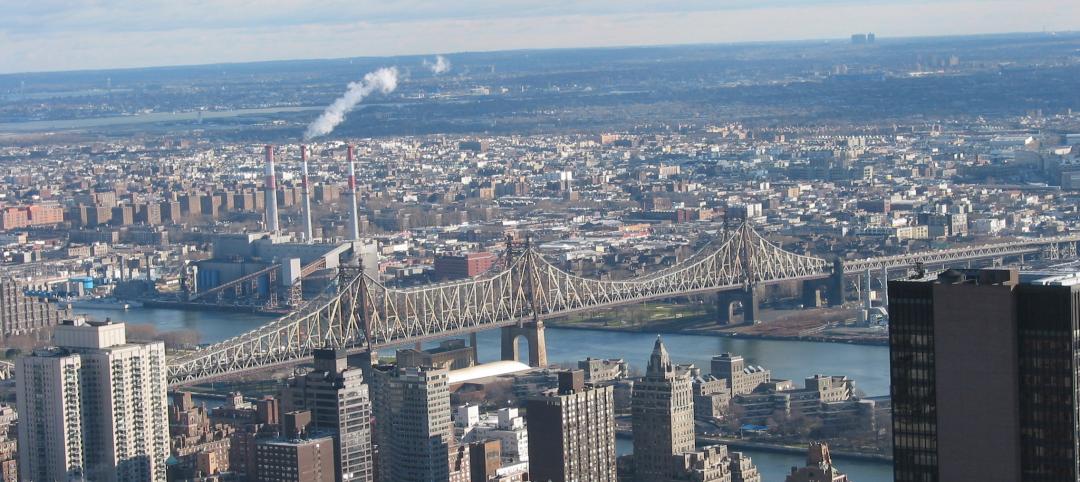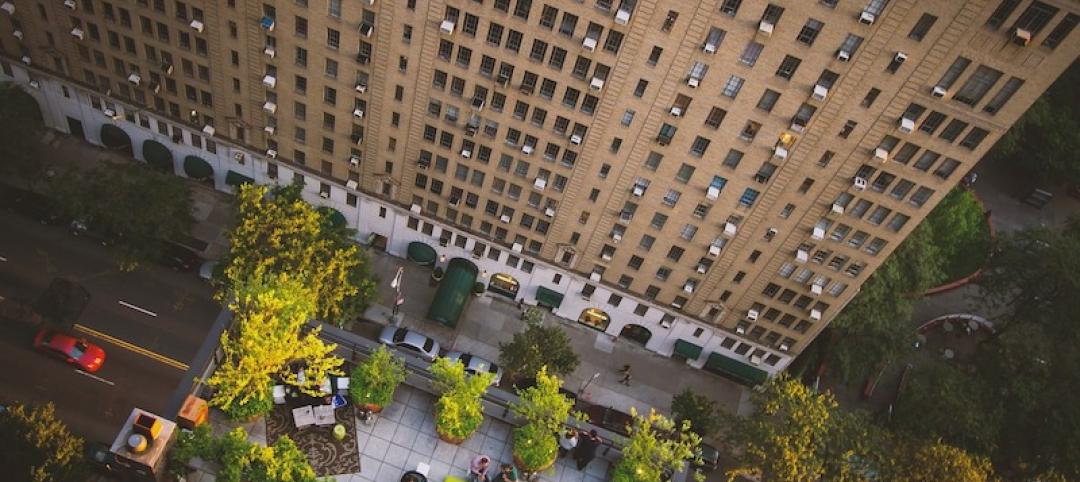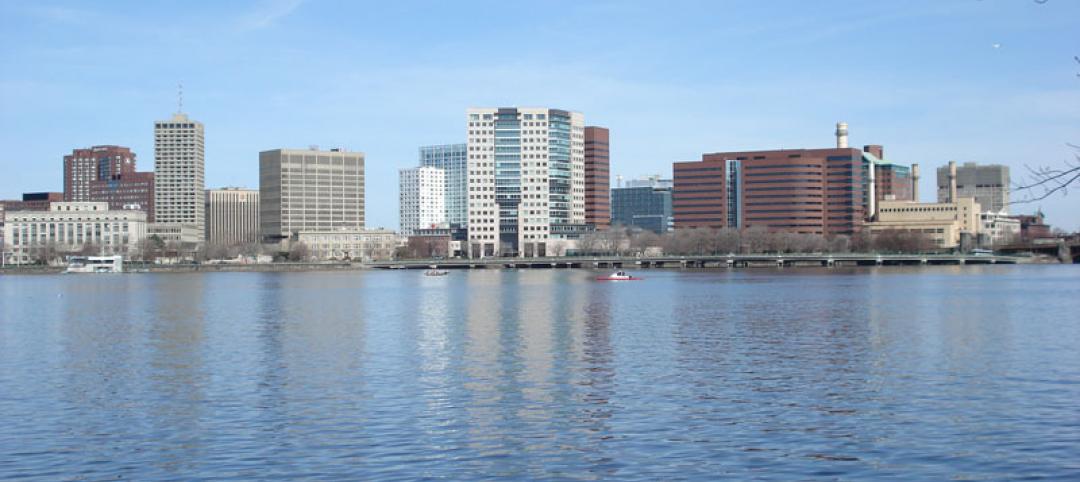The Eugene, Ore., City Council recently passed an ordinance aimed at steeply reducing energy consumption and greenhouse gas emissions. The city of 158,000wants to reduce community-wide greenhouse gas emissions 10% below 1990 levels by 2020, and reduce fossil fuel use by 50% by 2030.
Eugene is developing an energy inventory for its entire economy. After that is completed, it will consider voluntary energy-saving measures in the private sector, such as easier permitting for energy-efficient construction and energy performance scores for commercial buildings. The city will also consider other measures like commercial food-waste composting in restaurants and grocery stores to reduce methane emissions from landfills.
Eugene has made significant progress in reducing emissions recently from transportation without any concerted plan. Transportation emissions have dropped 2.5% per year since 2010, despite some population growth. This is largely due to economic and cultural shifts: the recession, the rise of telecommuting, online shopping and entertainment, transit, biking, more efficient cars, and higher gasoline prices. The city has encouraged these trends by improving bus service and developing a master plan for sidewalk and bike path improvements.
City government has rejected hard caps on emissions to date, focusing instead on voluntary measures and incentives for the private sector.
(http://grist.org/climate-energy/what-can-small-cities-do-to-fight-climate-change/)
Related Stories
Building Owners | Dec 2, 2019
What building owners and AEC teams need to know about New York’s Climate Mobilization Act
On April 18, 2019, the New York City Council passed the Climate Mobilization Act, a suite of laws aimed to meet the city’s commitment to achieving carbon neutrality by 2050.
Codes and Standards | Nov 26, 2019
Updated ASHRAE standards focused on ventilation design, air quality in residential applications
Standard 62.1 and 62.2 updates provide new tables of ventilation rates per unit area.
Codes and Standards | Nov 25, 2019
Real estate professionals say coworking is not a flash in the pan
More than 60% say coworking space is in their portfolios.
Codes and Standards | Nov 22, 2019
Utility’s proposal threatens California’s rooftop solar mandate
Would allow customers to use solar farms instead of installing their own PVs.
Codes and Standards | Nov 21, 2019
Number of LEED commercial building projects surpasses 100,000
More than 2.6 million sf of space being certified each day.
Codes and Standards | Nov 19, 2019
Most U.S. voters support licensing standards for architects
NCARB survey shows strong support for architecture as a licensed profession.
Codes and Standards | Nov 18, 2019
Cambridge, Mass., teams up with utility on energy retrofit program
Buildings large than 25,000 sf targeted in initiative to further carbon neutrality goal.
Codes and Standards | Nov 14, 2019
Resistance to Toronto’s ‘smart city’ reveals pitfalls of such ambitious projects
Concerns over data privacy, governance, feasibility prompt criticism.
Codes and Standards | Nov 13, 2019
Heat pumps, strategic energy management could be next major focuses for efficiency
After lighting, efficiency experts look to new opportunities to boost energy efficiency.
Codes and Standards | Nov 12, 2019
National Infrastructure Performance Council to address ‘national security crisis’
Coalition wants to double annual level of infrastructure investment.
















